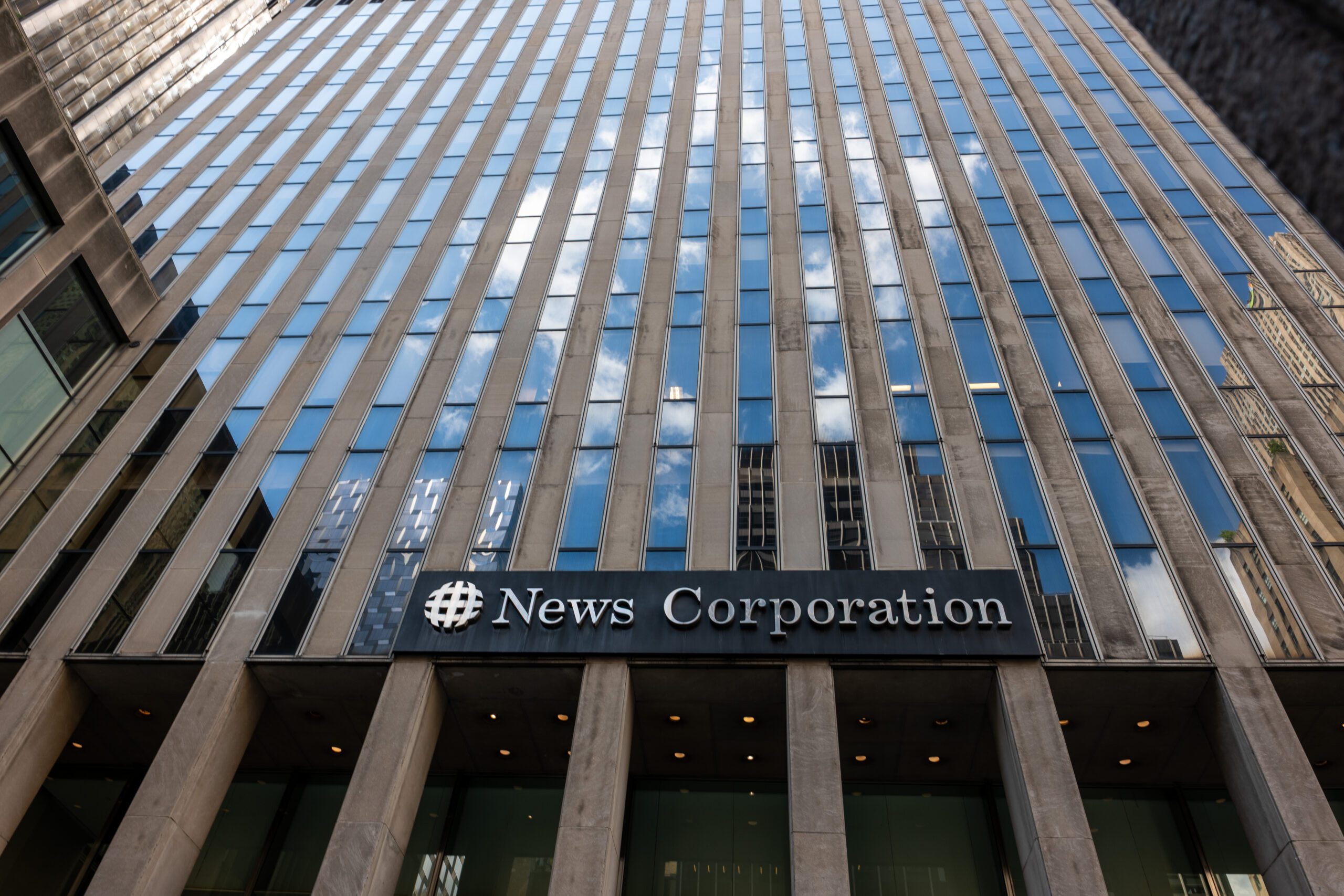
after kirk shooting utah governor calls social In the wake of the tragic murder of conservative broadcaster Charlie Kirk during a visit to a Utah college, the state’s governor has made a striking declaration, labeling social media a “cancer” and questioning whether society will take the necessary steps to treat it as such.
after kirk shooting utah governor calls social
The Incident: A Shocking Loss
Charlie Kirk, a prominent figure in conservative media and the founder of Turning Point USA, was shot and killed earlier this week. His death has sent shockwaves through both the political and media landscapes. Kirk was known for his provocative commentary and often polarizing views, which garnered him a significant following as well as vocal detractors. His murder has reignited discussions about the role of social media in shaping public discourse and its potential to incite violence.
A Life Cut Short
Before his untimely death, Kirk had shared advice on social media that seemed to reflect a deeper understanding of the challenges posed by the digital age. In a tweet from this summer, he advised his followers, “When things are moving very fast and people are losing their minds, it’s important to stay grounded. Turn off your phone, read scripture, spend time with friends, and remember internet fury is not real life. It’s going to be ok.” This message, while seemingly simple, underscores a growing concern about the impact of social media on mental health and societal interactions.
The Governor’s Remarks: Social Media as a “Cancer”
In response to Kirk’s murder, Utah Governor Spencer Cox expressed his outrage and concern regarding the pervasive influence of social media. He described it as a “cancer” that has infiltrated society, suggesting that it exacerbates divisions and fosters an environment where hostility and violence can thrive. His comments have sparked a broader conversation about the responsibility of social media platforms and the need for regulatory measures to mitigate their harmful effects.
The Implications of the Governor’s Statement
Governor Cox’s remarks highlight a critical issue: the role of social media in amplifying negative emotions such as anger, fear, and jealousy. The digital landscape often serves as a breeding ground for outrage, where users engage in heated debates and confrontations, sometimes leading to real-world consequences. The question remains: how can society address these challenges effectively?
Social Media’s Impact on Mental Health
Research has increasingly pointed to the detrimental effects of social media on mental health. Studies have shown that excessive use of social media can lead to feelings of isolation, anxiety, and depression. The constant barrage of curated images and narratives can create unrealistic expectations and foster a sense of inadequacy among users. This phenomenon, often referred to as “FOMO” (fear of missing out), can lead individuals to become consumed by their online personas, further disconnecting them from reality.
Staying Grounded in a Digital World
Kirk’s advice to “turn off your phone” and “spend time with friends” resonates with many who have experienced the overwhelming nature of social media. Maintaining a connection to the physical world and engaging in face-to-face interactions can provide a much-needed counterbalance to the chaos of online life. The importance of grounding oneself in reality cannot be overstated, especially in a time when digital interactions often overshadow genuine human connections.
Reactions from Stakeholders
The reactions to Kirk’s murder and the governor’s comments have been varied. Some individuals and organizations have praised the governor for addressing the issue of social media’s impact on society, while others have criticized the notion of blaming social media for real-world violence. Critics argue that focusing on social media detracts from the underlying issues of mental health, societal division, and the need for comprehensive gun control measures.
Calls for Accountability
In the wake of Kirk’s death, there have been renewed calls for accountability from social media platforms. Advocates argue that these companies must take a more active role in moderating content that incites violence or spreads misinformation. This includes implementing stricter policies on hate speech, harassment, and the promotion of harmful ideologies. The challenge lies in balancing free speech with the need to create a safer online environment.
The Broader Context: Social Media and Violence
The intersection of social media and violence is not a new phenomenon. Numerous incidents have highlighted how online platforms can serve as catalysts for real-world aggression. From the rise of extremist groups to the proliferation of conspiracy theories, social media has played a significant role in shaping public opinion and mobilizing individuals toward violent actions. The question of how to address this issue is complex and multifaceted.
Potential Solutions
Addressing the challenges posed by social media requires a multi-pronged approach. Some potential solutions include:
- Enhanced Regulation: Governments may need to consider implementing regulations that hold social media companies accountable for the content shared on their platforms.
- Education and Awareness: Promoting digital literacy and educating users about the potential dangers of social media can empower individuals to navigate the online landscape more safely.
- Community Engagement: Encouraging offline community engagement and fostering connections among individuals can help counteract the isolating effects of social media.
The Future of Social Media
As society grapples with the implications of social media, it is essential to consider its future role in our lives. Will we continue to allow it to dominate our interactions, or will we take steps to reclaim our time and attention? The conversation sparked by Kirk’s murder and Governor Cox’s comments serves as a crucial reminder of the need for introspection and action.
Finding a Balance
Finding a balance between the benefits and drawbacks of social media is imperative. While these platforms can serve as valuable tools for connection and information sharing, they also pose significant risks to mental health and societal cohesion. The challenge lies in harnessing the positive aspects of social media while mitigating its negative impacts.
Conclusion: A Call to Action
The tragic loss of Charlie Kirk has opened a dialogue about the role of social media in our lives and its potential consequences. As Governor Cox aptly noted, social media can be likened to a “cancer” that requires treatment. Whether society will take the necessary steps to address this issue remains to be seen. However, it is clear that a collective effort is needed to foster a healthier online environment and promote genuine human connections.
Source: Original report
Was this helpful?
Last Modified: September 13, 2025 at 3:39 am
1 views















